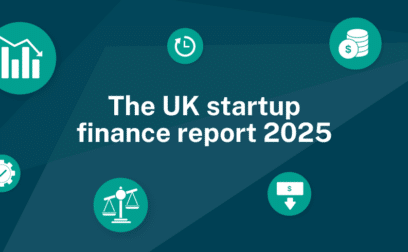Definition
Open market operations (OMOs) are one of the tools used by central banks to influence and manage the money supply and interest rates in an economy.
What are open market operations?
Open market operations involve the buying and selling of government securities (such as bonds) in the open market. When a central bank wants to increase the money supply in the economy, it conducts open market operations by buying government securities from banks and financial institutions. Conversely, when a central bank wants to decrease the money supply, it conducts open market operations by selling government securities to banks and financial institutions.
Central banks often use OMOs to achieve a specific target for short-term interest rates. By adjusting the supply of money in the banking system, they can influence the interest rates at which banks lend to each other.
Furthermore, open market operations involve transactions conducted in the open market. This means that the central bank interacts directly with banks and financial institutions to buy or sell government securities.
The effects of open market operations are felt relatively quickly in the financial markets. For example, buying government securities injects money into the banking system, leading to increased lending and potentially lower interest rates.
Open market operations can be reversed. If a central bank wants to undo the effects of a previous operation, it can conduct a counter-operation by selling back the securities it previously bought or buying back the securities it previously sold.
Types of open market operations
here are two types of open market operations (OMOs): permanent and temporary.
- Permanent open market operations: Involve the purchase or sale of securities. These operations are used to achieve long-term monetary policy goals, such as putting downward pressure on longer-term interest rates and improving financial conditions for consumers and businesses. Additionally, they are used to reinvest principal received from currently held securities.
- Temporary open market operations: Temporary OMOs aim to add or drain reserves in the banking system on a short-term basis, addressing transitory reserve needs. Unlike permanent OMOs, temporary OMOs involve short-term transactions, specifically repurchase agreements (repos) or reverse repurchase agreements (reverse repos).
Open market operations vs. quantitative easing
Open market operations (OMOs) involve buying or selling short-term government securities to regulate the money supply and manage interest rates, typically focusing on short-term economic stability. Quantitative easing (QE), on the other hand, is a more aggressive monetary policy tool used during economic crises. It involves the purchase of longer-term securities, such as government bonds and mortgage-backed securities, to inject liquidity into the economy and lower long-term interest rates.
While OMOs are routine operations for day-to-day monetary management, QE is employed in extraordinary circumstances to stimulate economic growth.
Example of open market operations
Let’s say the central bank of a country wants to stimulate economic activity by increasing the money supply. To achieve this, the central bank conducts open market operations by purchasing government securities from commercial banks and other financial institutions.
For instance, the central bank may buy £10 million worth of treasury bonds from commercial banks in the open market. In return, the central bank pays the commercial banks with newly created reserves. As a result, the commercial banks now have more reserves available to lend to businesses and consumers. This increase in lending capacity stimulates borrowing, spending, and investment in the economy, thus boosting economic activity.


































 yet? Register here!
yet? Register here!